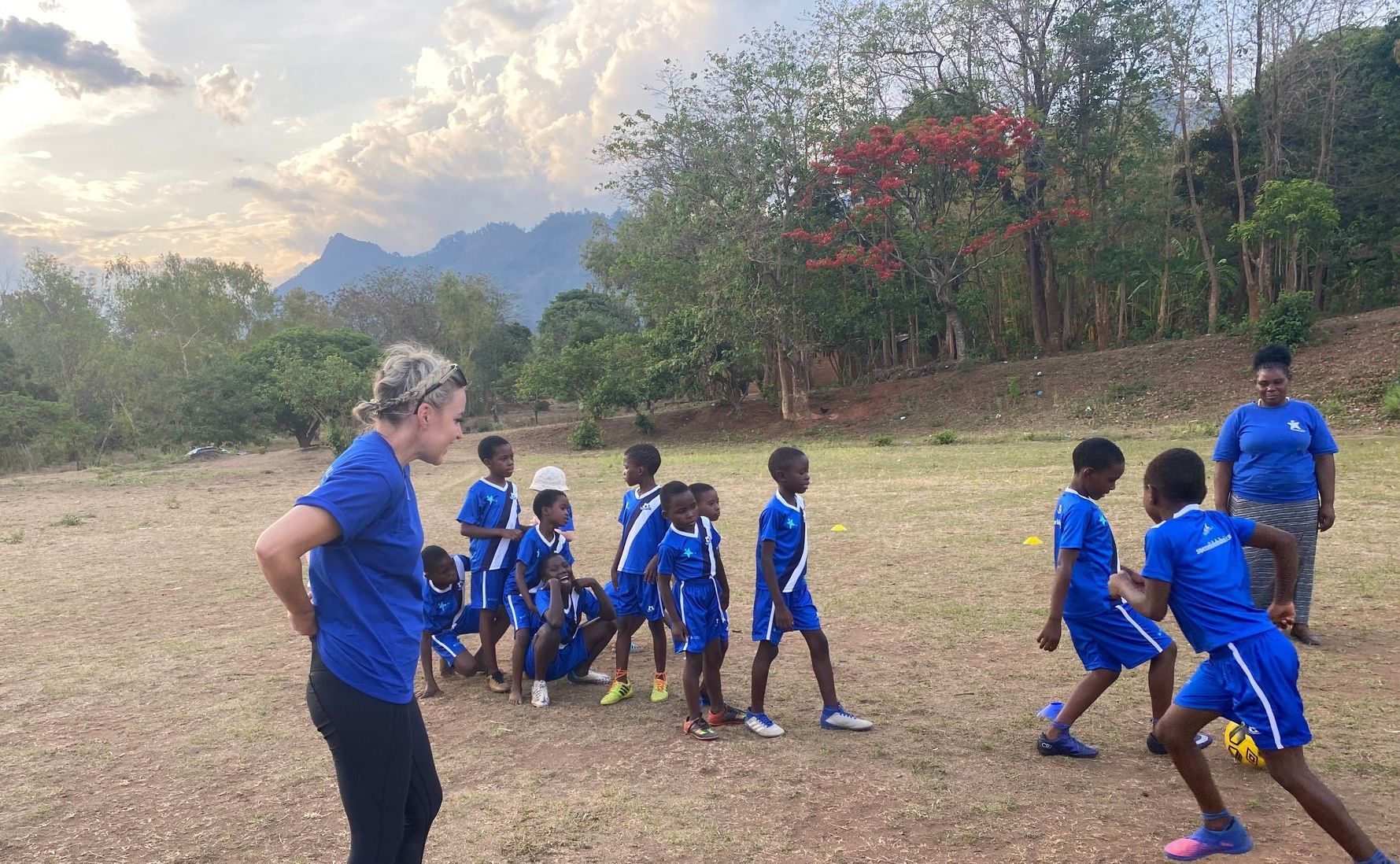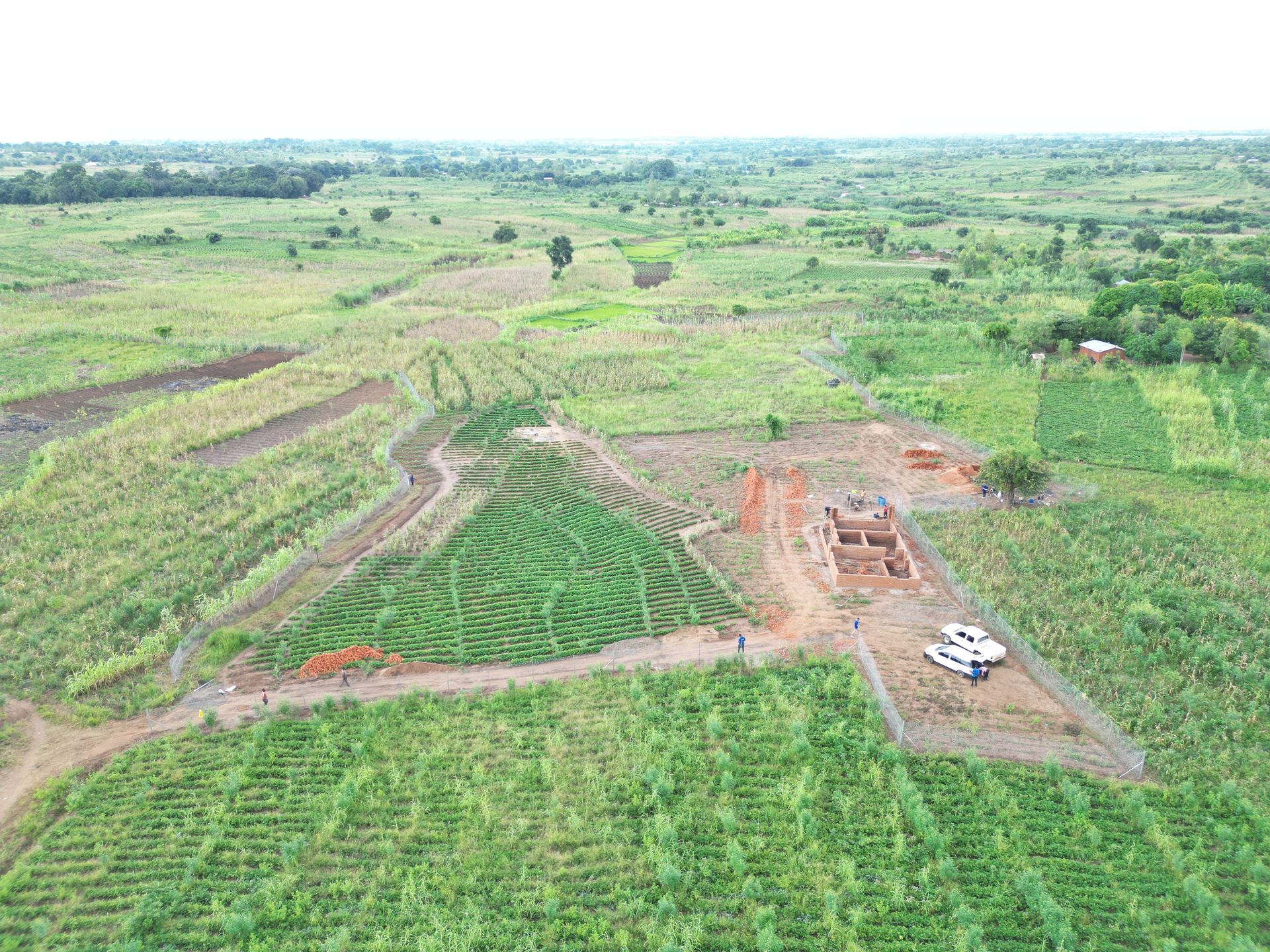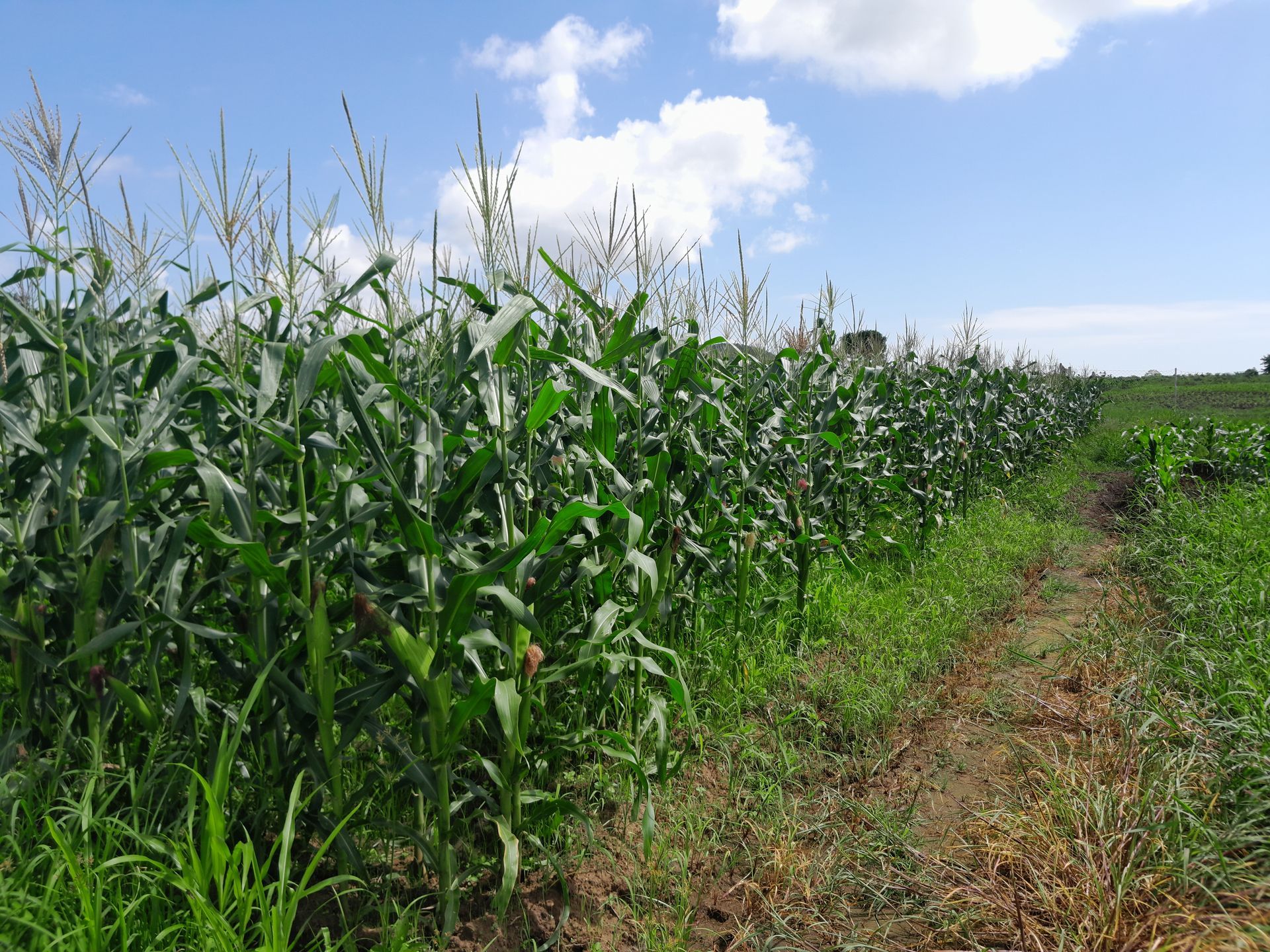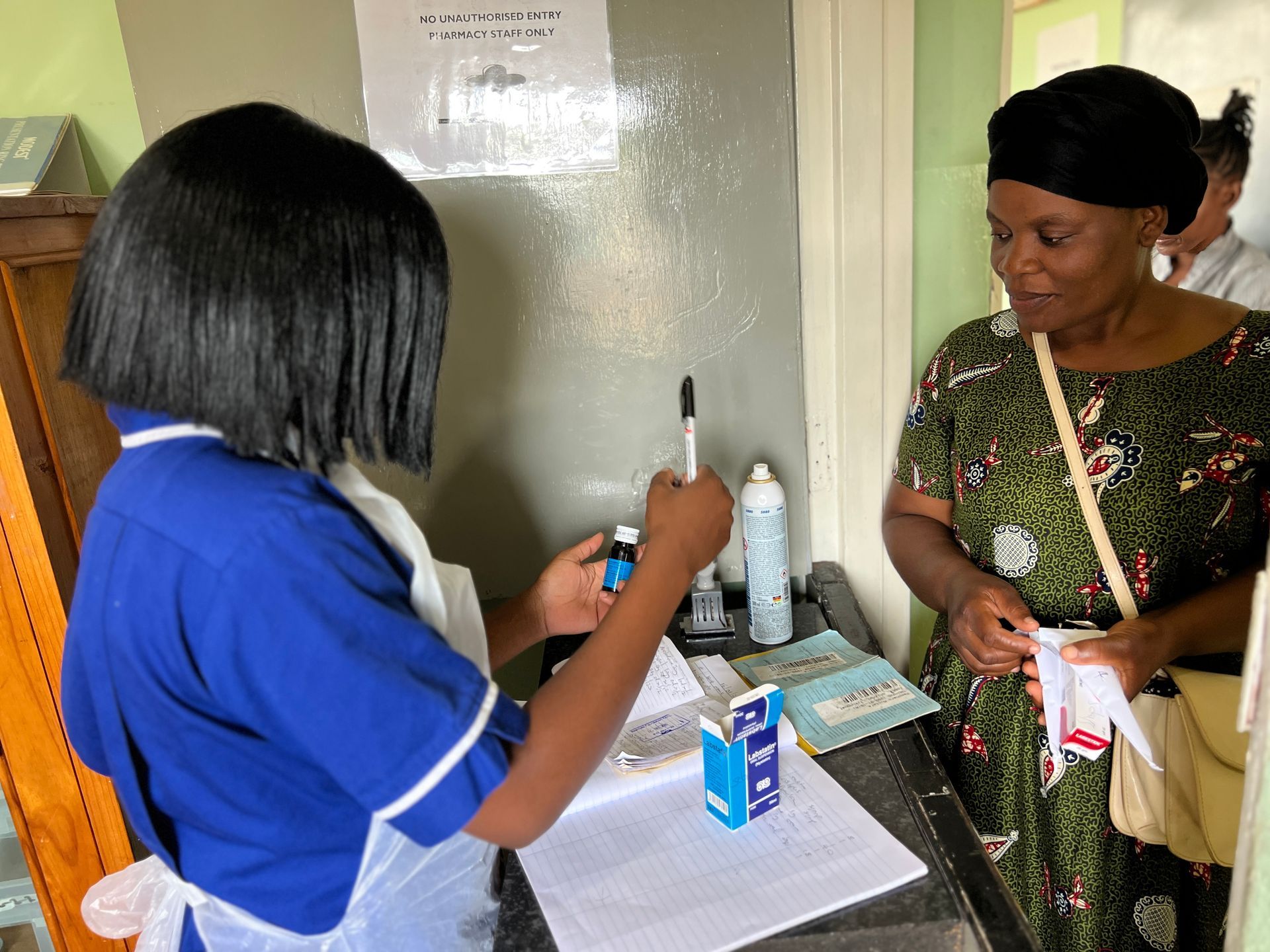Volunteer in Malawi - Kelly's experience
Kelly shares her experience of volunteering in Malawi

A typical morning always starts with greeting the children at the school gates, they open at 7.30am. You have no choice but to be an early bird. There really was nothing more rewarding that seeing so many happy faces and receiving generous hugs. Children start with a little play time before breakfast. It’s an impressive operation, children as young as two are so self-sufficient. They know where to wash their hands, collect their breakfast, sit and eat and return their plates for washing. My 13-year-old nephew in Scotland could learn a lot!
Afternoons consisted of sharing our specific skill sets with groups identified by The Sparkle Foundation. In addition, we spent time with local ladies in a community group, participated in a sports day for the children. The children love to dance so make sure you are ready to dance at every given opportunity.
Highlights also included a local village walk around the community to meet neighbours, fetching and filling buckets of water from the well and washing clothes in the river. Our visit was also timely as we were able to see the arrival of 80 bikes donated to The Sparkle Foundation by World Bike Relief. Bikes were then carefully allocated to staff, community members and youths, some of which had a daily trip of two hours to get to Sparkle.
Chefs’ Ben and Agnes made sure we started the day with a good breakfast, cereal followed with a hot breakfast and fruit. There was always lunch and an evening meal. One evening we tried our hand at Nsima which is the staple food in Malawi, it’s a thick porridge made from maize flour and water. You must roll it in your hands and eat it, messy but a fun meal to have together.
It's impossible to single out one experience, each one has found a special place in my heart. However, without a shadow of a doubt there is one stand out individual who works tirelessly behind the scenes, Sarah Brook. Sarah’s desire to give back and share so much of herself with those in The Sparkle Foundation is awe inspiring. She gives every part of herself
and more to ensure the success and security of all within the Sparkle Foundation family, and it’s a very big family.
My experience with Sparkle will last a lifetime, it has had a profound impact on me. In closing my advice, there is no perfect time to take time out to give back, give thought to your skill set and how it could be utilised by Sparkle, and reach out to Sarah and her team. You will not regret making that commitment.




